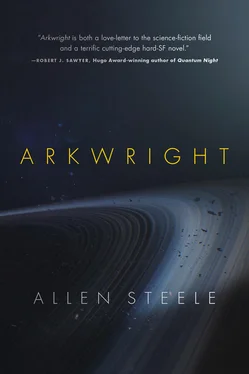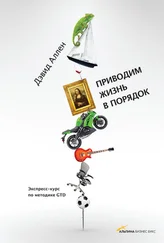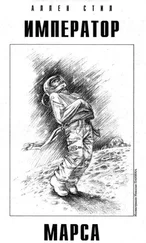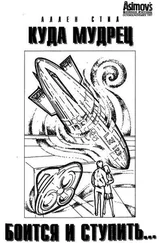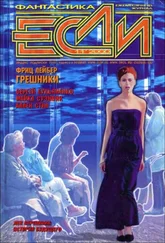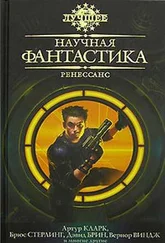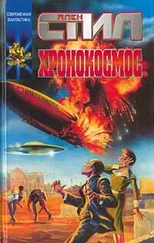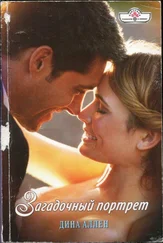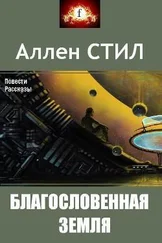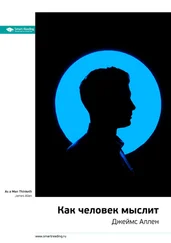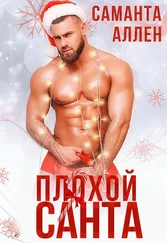“Her too!” Sam snapped his fingers toward the door. “Out! Now!”
Willie started to reach for the girl, but she slapped the back of his wrist. “Mitts off, buster!” He winced and yanked his hand back, and she turned to Sam. “If this is the way you intend to run this convention, then I’ll be happy to leave.”
By then, Nat was beginning to sit up. “And even if you were giving me a choice in the matter, I’d join her, anyway.”
She glanced down at him and gave him a lovely smile. Yeah, that was the right thing to say. Nat started to struggle up from the floor and found himself being helped to his feet by the kid. Now it was the three of them against the convention chairman and his friend. This wasn’t the way Nat intended to make friends here, but there was no backing down now.
“I’m not a Futurian,” Nat said to Sam, “but could you point them out to me so I can ask to join?” Not waiting for an answer, he patted the kid’s shoulder. “C’mon, friend. Let me buy you a cup of coffee.”
“I’ll buy you both lunch,” the girl said. “There’s a place across the street. Let’s go.”
Nat and the kid shared a surprised glance. A free lunch from a swell-looking girl was an offer they couldn’t refuse.
“After you, madam,” the kid said, giving her a gallant bow.
“Thank you, kind sir.” She fell in step with them as they walked away. Ignoring the stares and scattered applause of those who’d witnessed the altercation, they made their way through the crowded hall and down the steps, but it wasn’t until they reached the sidewalk that they discovered a fourth person had joined them, the tall fellow who’d tried to defend them.
“What are you doing here?” Nat asked. “They didn’t throw you out.”
“No, they didn’t.” The tall man reached into his jacket pocket and pulled out a briar pipe. “But hanging around with the three of you looks like more fun.”
* * *
The restaurant across the street from Caravan Hall was an Automat, appropriately futuristic for the World’s Science Fiction Convention. Vending machines with little glass doors dispensed sandwiches and pie slices for a nickel apiece, leaving the waiter with only the job of coming around to pour coffee. For Sunday noon, the place was crowded; all the tables were taken.
The girl—whose name was Margaret Krough, although she insisted that they call her Maggie—made good her promise to buy lunch for Nat and the kid. His name was Harry Skinner, and it was clear that, although he seemed to be just as poor as Nat was, he was perfectly willing to take advantage of her generosity; he let Maggie plug nickels into the machines until he had a submarine sandwich, a Boston cream pie, and a carton of milk on his tray. Nat settled for a chicken salad sandwich and told Maggie that he’d repay her later. The tall chap, whose name was George Hallahan, bought his own lunch; Maggie’s offer hadn’t been extended to him, but he didn’t seem to mind. A little older than the rest of them, he was also the most reserved, yet Nat detected a keen and swift intelligence behind his quiet, perpetual smile.
Once they’d collected their food, they waited a few minutes for a group to vacate a table so they could take their place. “I think half the convention has moved over here,” Nat said, looking around as they settled into chrome-frame chairs. Everyone in the room appeared to be the same sort of young men whom they’d left behind.
“Not surprised,” said Harry. “There’s a feud going on among the fans who organized the convention. The Futurians are the guys who lost, so the other guys voted in an exclusion act to bar them from coming in.” He motioned toward a large group who’d pulled together several tables; Nat recognized among them Fred, Cyril, and Don. “But they showed up, anyway, and that’s got the people inside hot under the collar.”
“So what is it about them that’s upset the other guys?”
“The Futurians believe that science fiction can change the world,” Harry said. “They think it should do more than just entertain people and instead present ways in which science and technology can solve social problems. The other guys—the so-called New Fandom, although most of them are just diehards from the old Science Fiction League—only want monsters and mad scientists and claim that the Futurians are nothing but a bunch of communists.” A lopsided grin. “They’re half-right, really. Some of the Futurians are reds … or at least they used to be.”
Nat nodded. Although he wasn’t interested in joining the Communist Party, he had to agree that science fiction needed to get past its adolescent tendencies. “And the leaflet you were handing out?”
“Dave Kyle wrote it. It’s a statement of the Futurian position.” Harry bit into his sandwich. “He must have tried to ditch ’em under the radiator,” he added, speaking around a mouthful of food. “I found ’em and decided to hand ’em out, anyway.” An unhappy shrug. “Fat lot of good that did me.”
Nat frowned but said nothing. He was beginning to regret his decision to step up for Harry. Wasting a dollar was bad enough; it now appeared that he’d made enemies with the convention chairman, as well. He hoped that incident wouldn’t hurt his goals of becoming a writer, but it appeared that he might have picked the wrong side.
“Sounds like you know a lot,” Maggie said. From her accent, Nat pegged her as another New Yorker, but it wasn’t hard to tell that her neighborhood wasn’t in any of the boroughs. From the nice outfit she wore and the casual way she pulled lunch money from her purse, it wasn’t hard to guess that she lived somewhere on the Upper East Side. “You know these people?”
“Some of ’em. I’ve been coming to meetings of the Philadelphia Science Fiction Society for about a year now; that’s where this whole thing was hatched.” Harry put aside the sandwich and reached for the carton of milk. “What about you? Why are you here?”
“I like science fiction, that’s all.” There was a hint of defensiveness in her tone.
Nat opened his sandwich, inspected the wilted lettuce leaf on top, and decided that it hadn’t turned bad enough to make him sick. “I guess what he means is, y’know, I didn’t see many girls in there. I didn’t think any of them read this stuff until I met you.”
Maggie gave him a sharp look but then cooled down a little when she saw the smile on his face. “I suppose not many do,” she admitted. “But I’ll read anything that looks interesting, and there are some good stories in those magazines, particularly Astounding, ever since it got a new editor.”
“John Campbell.” Nat nodded in agreement. “Yes, he’s changed the magazine quite a bit since he’s come aboard. I’d like to—”
He stopped himself before he could finish what he was about to say: I’d like to send him one of my stories. He was reluctant to identify himself as a would-be writer, particularly not with three people whom he’d just met.
But Maggie was eyeing him curiously, as if she’d caught what he’d almost let slip. Picking up her fork, she played with the garden salad she’d bought. “I think I wouldn’t mind working for a magazine like that,” she said. “Perhaps as an assistant editor.”
“Is that what you do?” George was ignoring the sandwich he’d bought and instead had lit his pipe. He sat back in his chair, carefully blowing his smoke away from their faces.
“That’s what I’d like to do one day,” Maggie said. “I’m entering Columbia in the fall as an English major. I’m hoping it will lead to a job at one of the publishers here in the city.”
“Really?” Nat said. “I’m starting school next semester too. Boston College, engineering.” He didn’t add that he was only able to attend because he’d managed to get a scholarship while in his senior year at Brooklyn High. Maggie’s family obviously had enough money to send her to school; his didn’t.
Читать дальше
